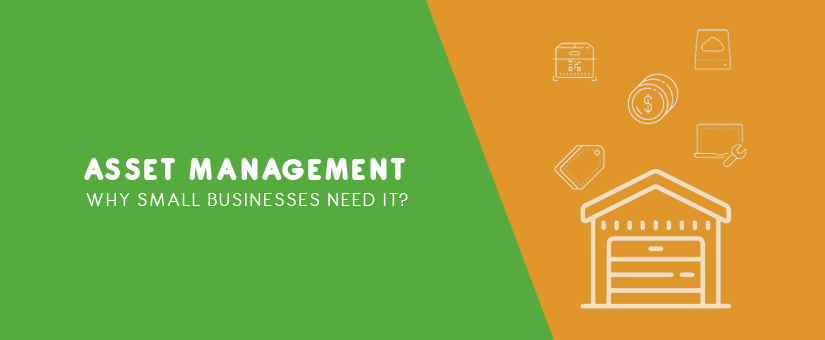Anything that can be measured in financial terms is an asset. Intellectual property, human capital, goodwill, etc. are all intangible assets, while land and building, machinery and equipment, etc. are tangible assets. The value of these assets varies during the different phases of their life cycle. Some of these also need to be replaced and adjusted once in a while. Essentially, all these assets need to be managed professionally to protect them from losses and derive the best possible value from them.
Asset management is a specialized service that helps companies make informed and well-researched decisions regarding their assets. This includes procuring assets best-suited for the business at an optimum cost, maintenance of these assets, and disposing the profitability of the assets at the end of their lifecycle. Basically, asset management comprises of balancing costs, opportunities, and risks vis a vis organization’s objectives. And it is no mean feat!
Myths about Asset Management
Asset management is shrouded in various myths, probably because of the insufficient knowledge regarding its utility. While large corporations invest actively in asset management, small businesses often steer away from it. The myths about asset management need to be busted to overcome the apprehensions held by small businesses about investing in asset management.
-
Asset management is for big corporations - Nothing could be farther from the truth. Every business has assets that need to be managed and protected. Asset management finds use in every business regardless of its size. In fact, having an asset management service at your disposal right from the beginning helps your business scale up smoothly.
-
It is expensive - Asset managers usually charge a percentage of the total portfolio they manage. If the portfolio is small, the cost will accordingly be smaller. The return on this investment is justified by the return it reaps in the long-term.
-
It is complicated - Asset management sounds complicated only to novices and non-professionals. But when handled by professionals, it is not complicated at all. On the contrary, it simplifies many processes. The solutions available in the market today are made on extremely user-friendly platforms.
Asset Management for Small Businesses
If you look closely, asset management is extremely critical for small businesses. A small business has a smaller margin in terms of bearing losses. Even a small loss in asset value can impact the business and have long-term repercussions. Small family-run businesses very often do not possess the expertise required to manage assets and end up making fatal mistakes.
Various solutions are available in the market to cater to the needs of small businesses. These solutions are designed, keeping in mind the challenges and requirements of businesses with smaller portfolios. These solutions help you track assets closely, maintain their upkeep, and derive the maximum potential during its lifespan.
Asset management in professional hands also ensures that no assets are misused. The loss is tracked immediately, and damage control can be carried out as soon as possible. Even if auditing a small firm is not required legally, it makes sense to audit the profits and losses to keep track of your direction.
By choosing from the solutions available in the market and customizing it according to your needs, you can be sure that your assets will be kept in order. They will be reviewed and reassessed by experts and adjusted or replaced as the need arises. While selecting an asset management solution for your business, you need to consider some important factors.
-
Affordability - This is obviously a primary concern. Set aside a budget for it and see which one fits.
-
Smooth Kick start - Installing a new system will take time and considerable effort. How much of it can you spare? Select something that can be installed easily and kick start smoothly.
-
Easy to use - The solution should be easy to use and operate. You should be able to train your employees to use the new technology with minimal time and effort.
-
Integration - It should seamlessly integrate with your existing technology. Changing the overall technology will incur significant overheads.
-
Scalable - The solution should be able to adapt as your business scales up. You don’t want to keep on changing systems every time the business crosses a threshold.
-
Secure - On-site or cloud-based - the solution should keep the data safe from possible threats of misuse or theft.
Making an investment into something that does not yield immediate results can be daunting and full of apprehension like cloud-based ERP. But asset management investment is something you will not regret.
A scalable asset management solution prepares you for a better future by tracking your tangible and intangible assets. Consult a professional to understand how asset management can benefit your business at this stage today.
